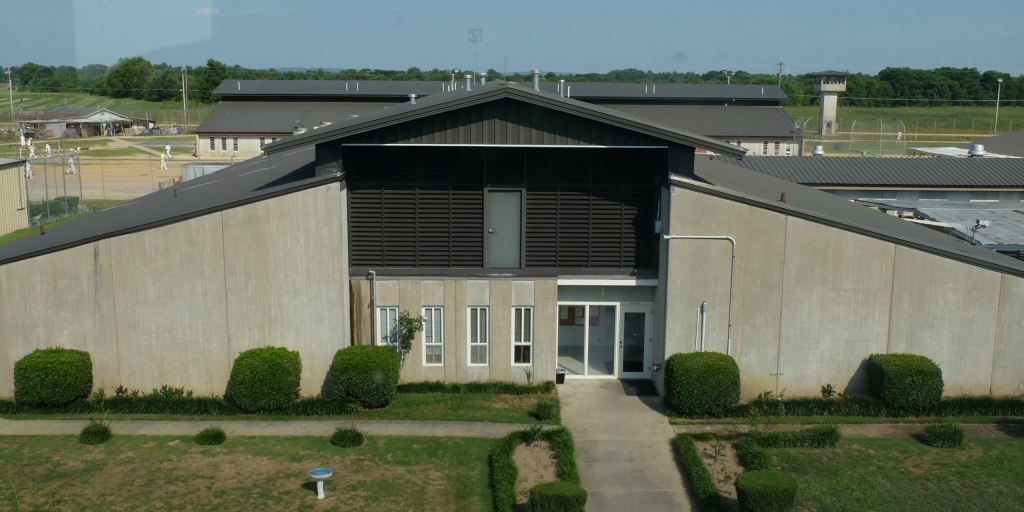As Fox News reports, a life-threatening hookworm, found in raw sewage and thought to be eradicated from the United States, has found its way into Alabama.
The small parasite, known as necator americanus larvae takes home in soil and is mostly associated with warm and humid parts in Southeast Asia or Latin America. It can, however, get into human skin and cause a ground itch sensation. Once the larvae penetrate the skin, they travel through blood and into the lungs, which causes an individual to cough.
As the parasite tunnels up the windpipe, often times they are swallowed. Inside and attached to small intestine, the hookworm will suck the blood from the human host in order to survive.
While it was thought to no longer be a concern in America, the hookworm infection impacts many other countries. Approximately 430 million people worldwide are affected by the parasite.
Of 55 stool samples taken in Lowndes County, Alabama, 34.5 percent tested positive for hookworm.
“I had someone who came and visited and told me these are conditions they saw in Brazil before Zika,” said Catherine Flowers, founder of the Alabama Center for Rural Enterprise, via Fox News.
The hookworm eggs are found in raw sewage, which is not very prevalent in Lowndes County and has many residents questioning how it got there.
“This should not exist here,” added Flowers. “We have too many resources to not put forth the effort to solve this once and for all. It’s not just the Lowndes County story. Lowndes County kind of shines the spotlight on it like Flint and lead in the water. But it’s a problem of infrastructure that should have been addressed and has not been addressed.”
According to Flowers, the more than 10,000 Lowndes County residents handle their waste in different ways.
Some use a method called “straight piping,” which consists of running a pipe from their homes directly onto the ground untreated.
Residents of the county who install septic tanks often run into problems regarding Black Belt’s soil, which does not absorb water, creates pools and causes sewage to clog pipes.
This has been an ongoing problem that many within Lowndes county have faced.
The Alabama Department of Public Health stepped in earlier this year to take control in Lowndes County and assisting in getting septic systems for impoverished residents.
Bureau of Environmental Services director Sherry Bradley, who is leading the mission to improve the septic systems for Lowndes County residents, said, “We are choosing 100 homes on a first come, first served basis.”
Bradley added, “If you don’t have a septic system or it doesn’t work, you will be eligible.”
Kyle Morris also contributes daily to Breitbart News. You can follow him on Twitter @RealKyleMorris.













